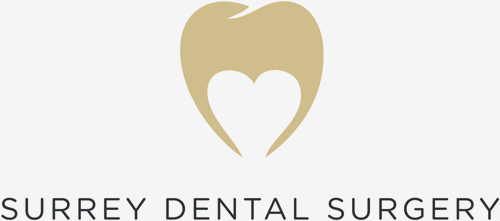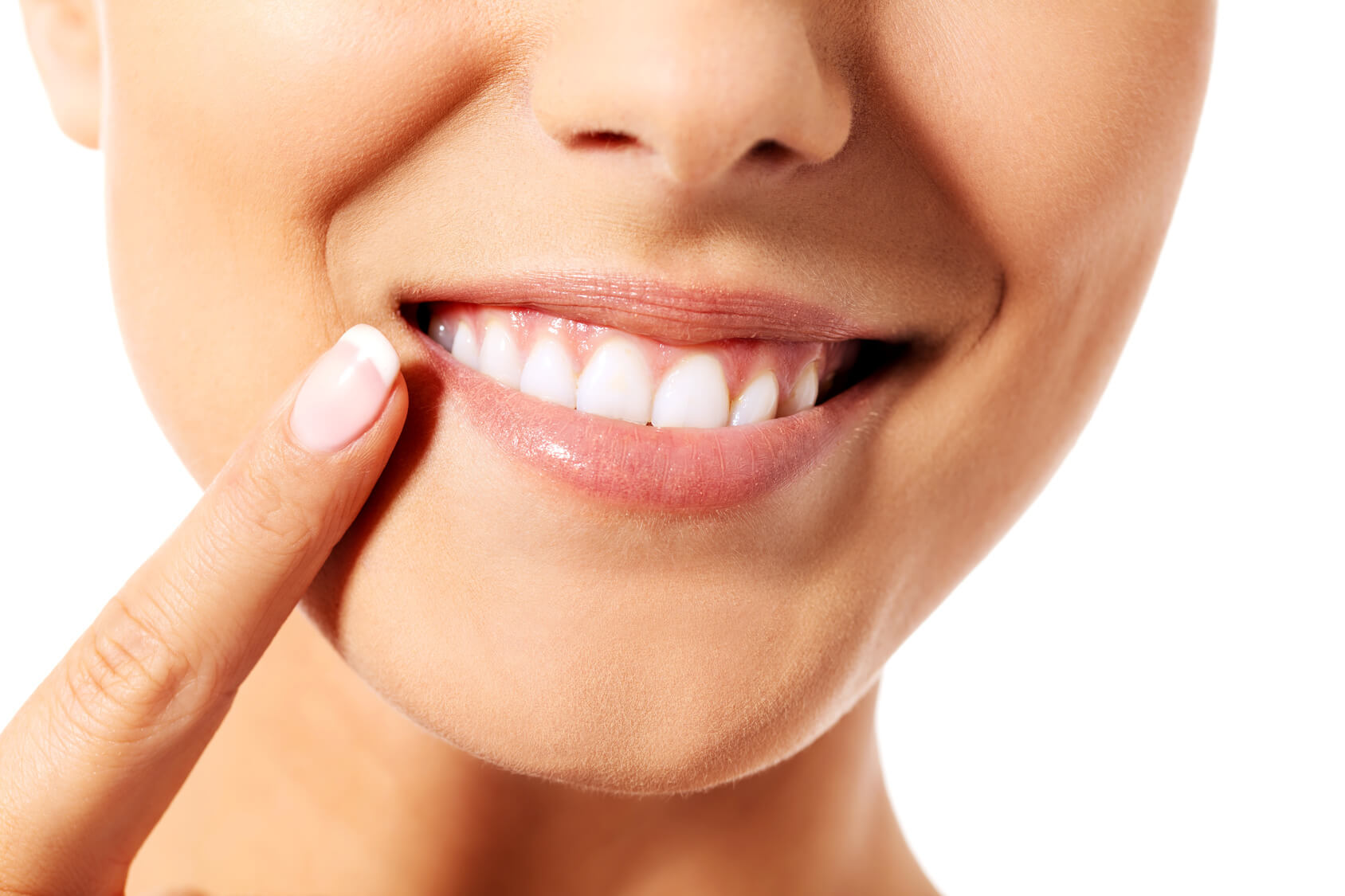TMJ headache/Jaw treatment
What is TMJ disorder and how is it treated?
TMJ often causes severe pain and discomfort in the jaw, neck and shoulders. The jaw may also click, pop or lock in place. It can be temporary or last many years. The causes can be injury to the jaw, the joints of your jaw or injury to the muscles of your head and neck due to whiplash or a heavy blow to these areas.
It can also be caused by teeth grinding or clenching your teeth, stress, arthritis or movement of the cushion in the ball and socket of the joint. To diagnose TMJ, the dentist will examine your jaw joints and do an x-ray of the jaw bone.
To help treat these symptoms, the dentist can prescribe medication such as anti-inflammatory pain killers to relieve pain and swelling, muscle relaxants or anti-anxiety or antidepressants to relive stress.
The dentist can take moulds of the teeth and get a mouth guard fitted to stop teeth grinding and correct your bite, putting the teeth in a more correct position. The dentist can also replace missing teeth and use crowns, bridges or braces to balance the biting surface.
Another method used to help relieve the symptoms of TMJ or teeth grinding is Cerezen. An invisible ear device, Cerezen mimics the muscles of an open jaw to stop teeth grinding and jaw clenching - the main causes of TMJ.
Call us on 01372 877 440
Book an appointment






